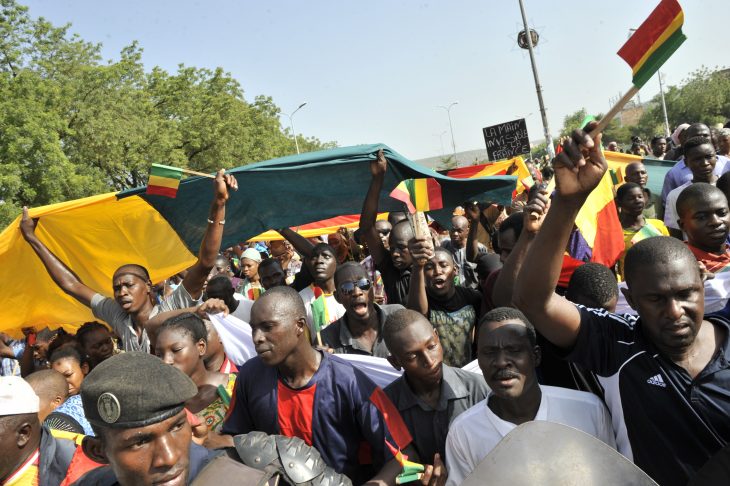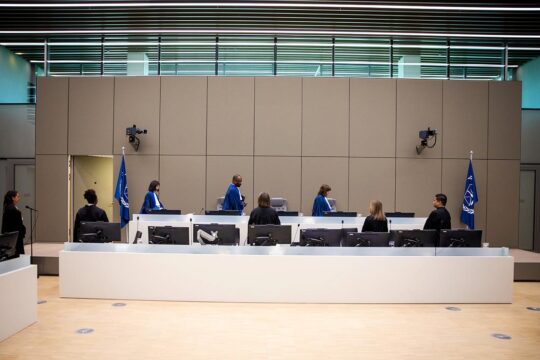In the wide domain of “transitional justice”, reconciliation processes are the key to transition, as we see in many countries.
Mali, for example, is showing this once again through its weaknesses, as Justiceinfo’s Bamako correspondent Bokar Sangaré explains. Because the 2015 Algiers accord -- meant to reconcile the north and south and their communities -- has not been implemented, the situation is deteriorating dangerously. And it is worrying people both in Mali and the international community, especially since the country is due to hold presidential elections this year in a security situation that is worsening all across Mali.
“The longer we take to implement the security provisions of the Accord, the more the situation will deteriorate and the less chance we will have of saving the rest,” admits Ilad Ag Mohamed, spokesperson for the Coordination of Azawad movements. The presidential elections, theoretical guarantee of a smooth transition, are uncertain, even if the government denies it has plans to postpone them for “exceptional security reasons”, as discussed on this website by jurist Didier Niewiadowski. “Insecurity creates uncertainty around the timing of elections, even if imperfect elections are better than none at all,” says Moussa Mara, a former Prime Minister.
In addition to political violence by Islamist groups and others, there is a climate of criminal violence fuelled by armed groups of multiple persuasions. “In the regions suffering the worst economic problems, there is a big temptation for some people to resort to brutal methods against the population to satisfy their own needs,” writes Ibrahim Maïga, a researcher at the Institute of Security Studies.
Violence and impunity
These links between political violence and criminal violence are analysed by our editorial advisor Pierre Hazan. “The continuum between political and criminal violence is insufficiently explored,” he writes. “It is as though a society suddenly changes when peace has been agreed, but a society brutalized and traumatized by years of conflict still carries the legacy of violence for a long time.”
In Tunisia too, all is still too play for, according to Amna Guellali, director in Tunis for Human Rights Watch. “In the last seven years [i.e. since the Revolution] there has not been any fundamental reform of the security apparatus,” she says. “We see above all the prevalence of widespread impunity, which can only lead to continuation of the same practices. As we know, impunity fuels abuses.”
Far away in Nepal, human rights activists disappointed by inadequate transitional justice are saying the same thing: “If the commissions again fail to fulfil victims’ demands for truth seeking and justice, people will lose faith in these mechanisms, raising serious questions of credibility for the future course of justice.”







